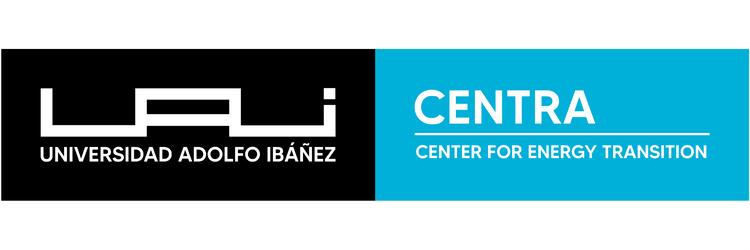Engineering and Sciences UAI organizes first seminar on sustainable fuel for aviation in Chile
April 1, 2024
With the aim of delving into the current panorama of sustainable aviation fuels, the Faculty of Engineering and Sciences of the Universidad Adolfo Ibáñez (UAI), together with the Center for Energy Transition (CENTRA), organized the seminar “Sustainable Aviation Fuels (SAF): Taking off towards a greener future”, the first event on this subject in our country, which brought together exponents from the private sector, the public sector and academia.
The seminar was attended by the Minister of Transport and Telecommunications, Juan Carlos Muñoz, and the expert in SAF and research associate of the University of British Columbia, Susan Van Dyk, as well as the dean of the Faculty of Engineering and Sciences UAI, Claudio Seebach, who was in charge of opening the activity.
“Having this conversation on sustainable fuels for aviation seemed tremendously important to us”, explained Claudio Seebach and added that this type of event allows us to understand “how we can, from public policies, advance in the same way that we have done so successfully in other areas such as public transportation and energy transition”.
Meanwhile, the head of the Transport and Telecommunications portfolio said that “to move forward in these areas, in Chile the Clean Flight program plays a role in promoting public-private collaboration by bringing together different industry players, who highlighted the need to initiate actions to develop SAF on national soil. This led to the creation of the SAF Roundtable, coordinated with the support of the Inter-American Development Bank (IDB), whose objective was to gather background information to prepare this roadmap. Something that seems to us to be extremely relevant, since it is the starting point of a series of actions that will allow the production of this alternative fuel source”.
During her presentation, Susan Van Dyk addressed the current state of low-emission fuels and their relevance for the decarbonization of the aviation industry, assuring that it is necessary to generate, through public policies, ways for their commercialization. “It is essential to decarbonize the aviation sector, even if some people say ‘but it’s only 2-3% of emissions’. It is very substantial on a global scale,” the expert pointed out.
Finally, to delve further into the subject and understand how the local aviation industry is adapting to the challenges of the energy transition, a discussion was held with the participation of the manager of new business development at ENAP, Juris Agüero; the director of corporate affairs and sustainability of LATAM Airlines Group, Juan José Tohá; the manager of corporate affairs and sustainability at SKY Airline, Mayra Kohler; the secretary general of the Civil Aeronautics Board, Martin Mackenna, and Susan Van Dyk.
During his speech, Juan José Tohá, explained that “at LATAM we have the challenge of being Net Zero by 2050”, which is why they partnered with MIT to conduct a study to provide options to decarbonize aviation in Latin America and achieve Net Zero in the most sustainable way possible. “We want to help the country in which we operate to have the best public policies to reach that goal,” said the Director of Corporate Affairs and Sustainability of LATAM Airlines Group.
Mayra Kohler assured that SKY Airline is committed to reducing its carbon emissions and has different strategies to achieve this. Even so, the Corporate Affairs and Sustainability Manager said that “the SAF will only be an alternative if it is profitable, if it is integrated with our business model of efficiency. We are a low-cost airline, so efficiency is decisive for our business model”.
Meanwhile, Martin Mackenna referred to the opportunities and challenges that Chile has to achieve carbon neutrality by 2050 and explained that “we have to work on how our country commits and works on these global objectives (…) this is why at the end of 2022 we started working together with other organizations to produce the first SAF map in Chile, which will be published on April 10”.
Juris Agüero discussed ENAP’s role in the production of fuels with a low carbon footprint, saying that “we have been working on our decarbonization program for the last 3 years”, where the first step is “to decarbonize our existing facilities and operations in order to reduce carbon emissions during production”.
See news in UAI
